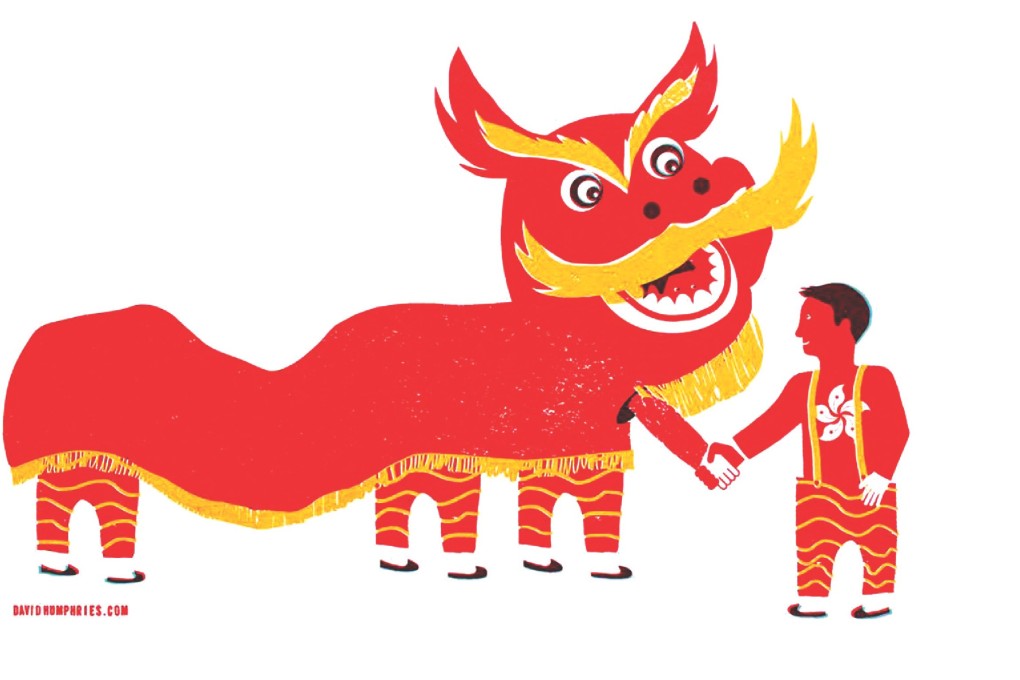Beware the line between promoting Hong Kong's uniqueness, and championing independence
Jiang Xun says the SAR government was right to insist on the precise use of language describing relations between the mainland and Hong Kong, as the two have never been equals

Twenty years ago, I arrived in Hong Kong from Shanghai. At the Lo Wu immigration checkpoint, I needed to fill out an entry form, which asked where I came from. I wrote "Shanghai". The immigration officer glanced at it and said "Shanghai" should be amended to "China".
I was at a loss for a while, thinking Hong Kong was also part of China and that it would mean nothing to say I was entering "China" from "China". The argument dragged on, and the officer let me pass after I changed "Shanghai" to "China". Frustrated, I actually included both words, so as to indicate "Shanghai in China", and said to myself, "I've finally made it to China's Hong Kong". The officer checked the amendment and smiled.
Living in Hong Kong, I find many locals tend to call "the mainland" China. A friend once said: "I just returned from China yesterday." I asked: "Isn't Hong Kong part of China?" Similarly, a colleague once told me he "would go to China tomorrow", so I had to ask, "Doesn't Hong Kong belong to China?" Phrases like "China-Hong Kong ties" can often be spotted on Hong Kong government webpages and in documents, as well as in briefing materials supplied by the Constitutional and Mainland Affairs Bureau. This phrase is also frequently heard during talks involving government officials.
During my time in Hong Kong, I have had to be careful about the use of words in my writing. As a matter of practice, my editors would not allow phrases like "China-Hong Kong". I have objected to or corrected that usage many times.
However, reading mainstream Hong Kong newspapers, almost every day we can see headlines referring to "China-Hong Kong conflicts", "China-Hong Kong integration" or "China-Hong Kong interaction". Should we take this to mean China versus Hong Kong? I have never heard phrases like "China-Guangdong" or "China-Shanghai", though we might say "Guangdong-Beijing" and "Guangdong-Shanghai". Likewise, we would say "mainland and Hong Kong", and "Beijing-Hong Kong".
Taiwanese people who prefer the status quo in cross-strait ties generally talk about "mainland China" and would say "mainlanders", "mainland students" or "mainland investors" rather than "visitors, students or investors from China".
Now, after many years, there is finally an official way for Hong Kong to describe relations. On the eve of the Lunar New Year, Hong Kong media reported that the SAR government had issued an internal circular to all departments asking them to use the correct words and terms when describing relations between Hong Kong and the mainland. The circular stated that the phrase "China-Hong Kong relations" was incorrect and should be replaced with "relations between the mainland and Hong Kong".
